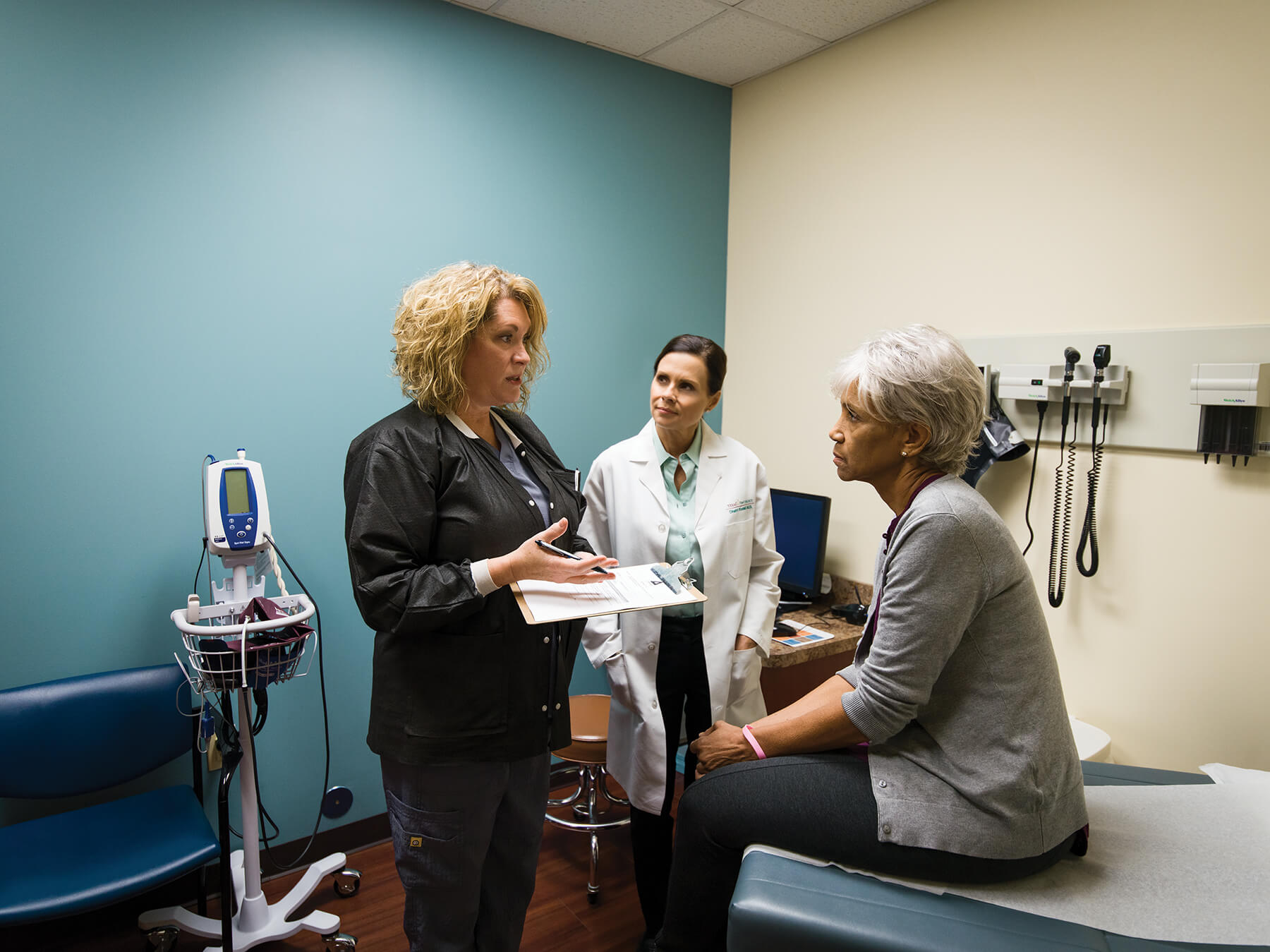« Back to Blog
Improving cybersecurity awareness to keep practices safe
Protecting oncology practices and patient information is more complex than ever in today’s increasingly hostile online environment. More than 93% of healthcare organizations have experienced a data breach over the past three years.1 It is crucial to ensure all physicians and staff have the knowledge and understanding of cybersecurity threats, how they work, and what actions to take to keep practices and their patients safe.
Cybersecurity awareness is knowledge combined with attitudes and behaviors that serve to protect information assets. 95% of cybersecurity breaches are caused by human error. Being “cybersecurity aware” means you understand what potential threats can be and how to prevent them. Here are few ways to incorporate cybersecurity into your everyday routine:
- Email: Double check that you are emailing the right information to the right person. Do not reply to unsolicited emails Question anything that looks suspicious.
- Phone calls: Always verify callers and do not give out information to unknown callers.
- Passwords: Always follow best practices when it comes to creating passwords. Do not share or write down passwords. Do not use the same password on multiple sites or applications.
- Out of office: Make sure your computer screen cannot be viewed by others and turn off Bluetooth and Wi-Fi when your computer is not in use.
- Inside the office: Lock your computer when away from your desk and secure any confidential information in a locked location.
What can you do to help create a culture that’s cyber aware?
- Talk about cybersecurity: Include cybersecurity awareness topics when talking to your teams and functional areas.
- Provide practice staff with guidelines: Train staff on policies and procedures and discuss what to do and what not to do.
- Report suspicious emails: Report suspicious email to your practice’s IT department.
The Network supports cybersecurity through state of the art IT solutions, advisory services, incident response support and practice education. Our cybersecurity services aim to protect the safety and privacy of patients and minimize the risk of IT disruptions that can impact clinical outcomes so providers can focus on what matters most –delivering high-quality care to patients.
ABOUT THE AUTHOR
 |
Matt Johnson is the Senior Manager of Information Security Risk Management (ISRM) for The US Oncology Network. He is responsible for cybersecurity initiatives, data center migrations/refreshes and enterprise infrastructure. |
1 https://www.safetydetectives.com/blog/healthcare-cybersecurity-statistics/

